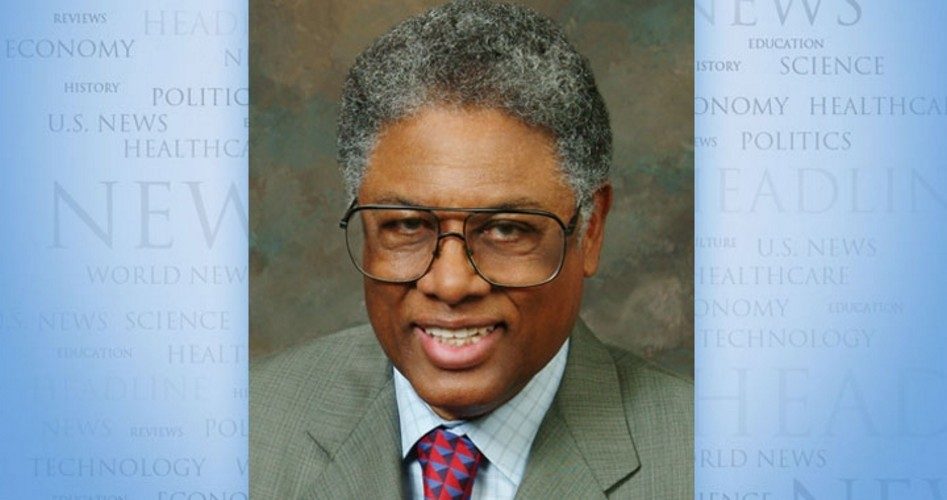
One of the many sad signs of our times is the way current immigration issues are discussed. A hundred years ago, the immigration controversies of that era were discussed in the context of innumerable facts about particular immigrant groups. Many of those facts were published in a huge, multi-volume 1911 study by a commission headed by Senator William P. Dillingham.
That and other studies of the time presented hard data on such things as which groups’ children were doing well in school and which were not; which groups had high crime rates or high rates of alcoholism, and which groups were over-represented among people living on the dole.
Such data and such differences still exist today. Immigrants from some countries are seldom on welfare but immigrants from other countries often are. Immigrants from some countries are typically people with high levels of education and skills, while immigrants from other countries seldom have much schooling or skills.
Nevertheless, many of our current discussions of immigration issues talk about immigrants in general, as if they were abstract people in an abstract world. But the concrete differences between immigrants from different countries affect whether their coming here is good or bad for the American people.
The very thought of formulating immigration laws from the standpoint of what is best for the American people seems to have been forgotten by many who focus on how to solve the problems of illegal immigrants, “living in the shadows.”
A recent column in the Wall Street Journal titled “What Would Milton Friedman Say?” tried to derive what the late Professor Friedman “would no doubt regard as the ideal outcome” as far as immigration laws were concerned.
Although I was once a student of Professor Friedman, I would never presume to speak for him. However, he was a man with the rare combination of genius and common sense, and he published much empirical work as well as the analytical work that won him a Nobel Prize. In short, concrete facts mattered to him.
It is hard to imagine Milton Friedman looking for “the ideal outcome” on immigration in the abstract. More than once he said, “the best is the enemy of the good,” which to me meant that attempts to achieve an unattainable ideal can prevent us from reaching good outcomes that are possible in practice.
Too much of our current immigration controversy is conducted in terms of abstract ideals, such as “We are a nation of immigrants.” Of course we are a nation of immigrants. But we are also a nation of people who wear shoes. Does it follow that we should admit anybody who wears shoes?
The immigrants of today are very different in many ways from those who arrived here a hundred years ago. Moreover, the society in which they arrive is different. The Wall Street Journal column ends by quoting another economist who said, “Better to build a wall around the welfare state than the country.”
But the welfare state is already here — and, far from having a wall built around it, the welfare state is expanding in all directions by leaps and bounds. We do not have a choice between the welfare state and open borders. Anything we try to do as regards immigration laws has to be done in the context of a huge welfare state that is already a major, inescapable fact of life.
Among other facts of life utterly ignored by many advocates of de facto amnesty is that the free international movement of people is different from free international trade in goods.
Buying cars or cameras from other countries is not the same as admitting people from those countries or any other countries. Unlike inanimate objects, people have cultures and not all cultures are compatible with the culture in this country that has produced such benefits for the American people for so long.
Not only the United States, but the Western world in general, has been discovering the hard way that admitting people with incompatible cultures is an irreversible decision with incalculable consequences. If we do not see that after recent terrorist attacks on the streets of Boston and London, when will we see it?
“Comprehensive immigration reform” means doing everything all together in a rush, without time to look before we leap, and basing ourselves on abstract notions about abstract people.
Thomas Sowell is a senior fellow at the Hoover Institution, Stanford University, Stanford, CA 94305. His website is www.tsowell.com. To find out more about Thomas Sowell and read features by other Creators Syndicate columnists and cartoonists, visit the Creators Syndicate Web page at www.creators.com.
COPYRIGHT 2013 CREATORS.COM


